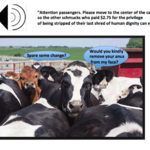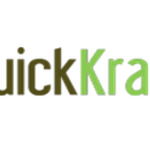
The FDA, following the advice of their advisory panel, voted yesterday to approve Addyi, aka "Female Viagra," or "Pink Viagra." Good move? Bad? Keep reading...
I've written about this before. Without trying to sound too cocky, I will state that, in my humble opinion, that the title of my first article was the best ever. Since I get paid one-twentieth of a cent per view, I'm hoping that my failure to divulge this information here might tempt 1,000 of you to clink on the link above, if only out of morbid curiosity, thus enabling me to add $0.50 to my already-vast fortune.
What is most…






